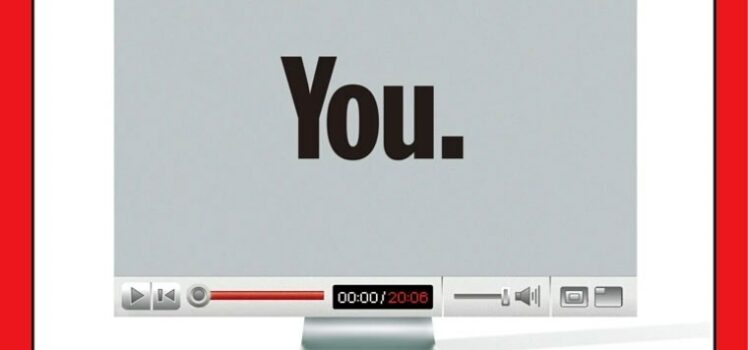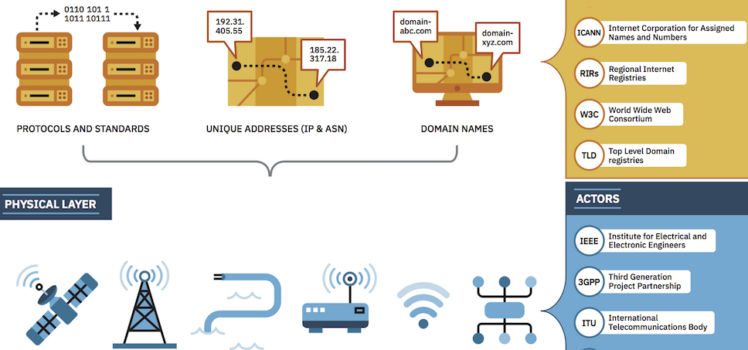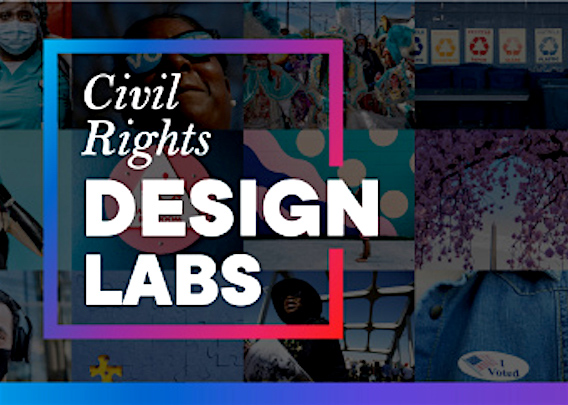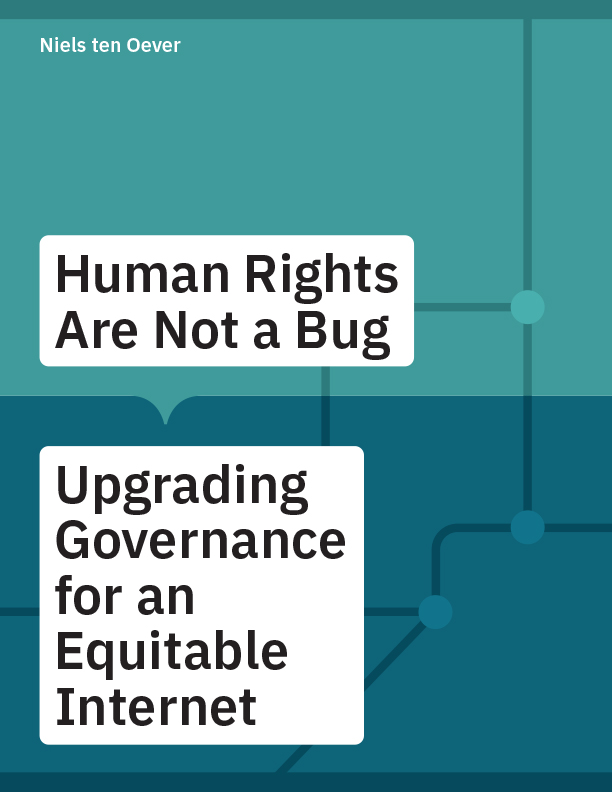When I first worked managing reader comments at NYTimes.com, the news was the subject and the comments were the reaction. But tools like Epinions and Blogger flipped the world so that the reactions became the substance. This made Mark Zuckerberg a billionaire and also led Time magazine to declare "You" the Person of the Year in 2006.
It also heralded the slow (or maybe not so slow) degradation of the line between fact and feeling in the public square. What started as inclusion—or "presence" as we called it around 1999 when we marveled that you could turn on the houselights and let the audience see each other—became disregulation, entitlement and, worst of all, another vector for the powerful to manipulate the consumers.
If you've ever had to translate policy work into the urgent, human narrative of social change, this roadmap from Sarah Jane Staats and Todd Moss of Energy for Growth Hub can help you. Some of their humble, practical insights that I especially recommend include:
• Policy influence isn’t “direct, straightforward, or predictable." Multiple factors are in play.
• We “influence" and help “instigate” change. We’re not the single cause.
As a result, “attribution is messy.” Policy ideas, even the best most impactful ones, don’t usually have clear KPIs.
• To assess effective policy proposals, we can invest more in “tracking demand from policymakers.”
During 2021, I had the privilege of editing this report by Dr. Niels ten Oever, on the odd, risky, and critical links between human rights and the management of the internet's infrastructure—the matrix of services, connections and rules that keep the internet running.
The evolution and unique culture of internet infrastructure is as interesting as it is revealing about the dangerous moment we're in now. As we say in the report, "The commercialization and privatization of the internet that began in the 1990s was expected to bring about innovation and competition. In practice, it has led to the emergence of oligopolies."






Feed for Thought